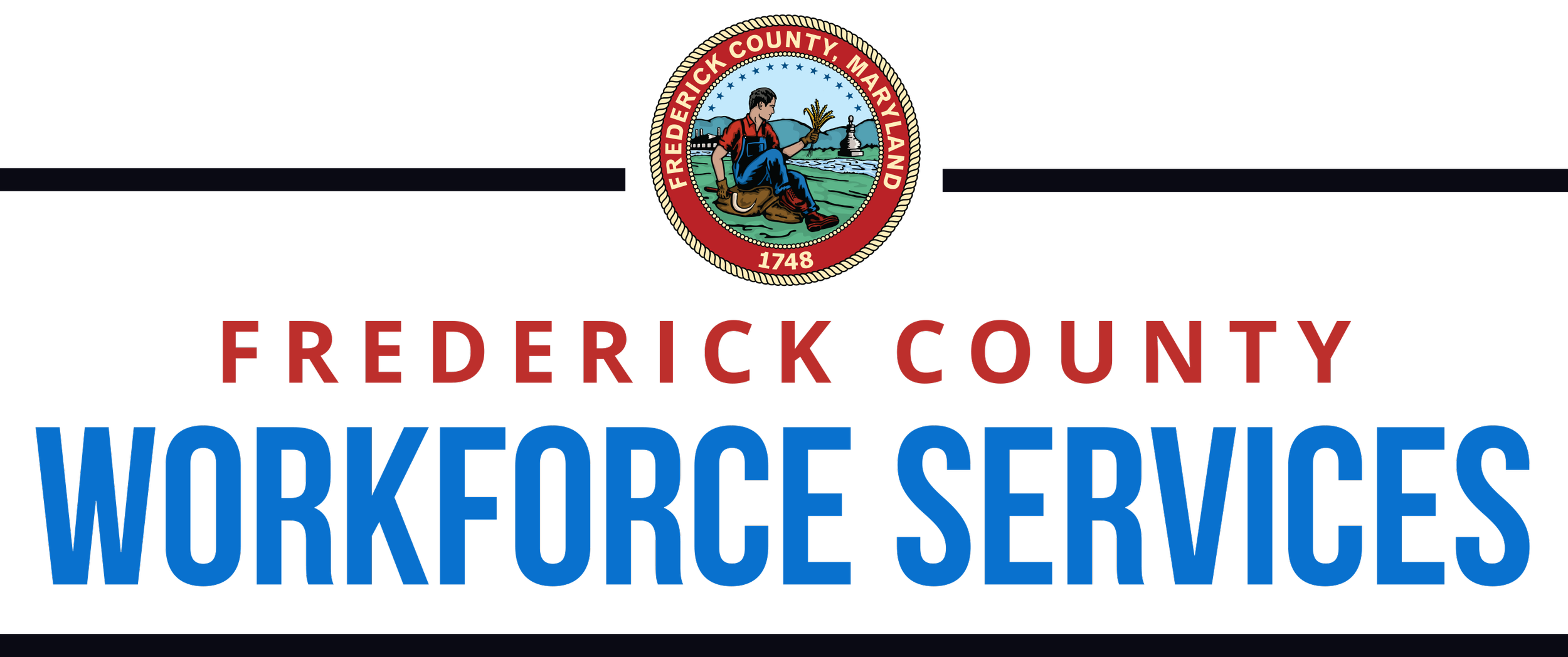Project Peer Recovery
By Monty Rivers Jr., Resilient Frederick County at Frederick County Workforce Services
The Lived Experience of a Peer Recovery Specialist
It is no secret that Frederick County has a fast-growing Behavioral Health Industry, especially in the occupation of a Certified Peer Recovery Specialist (CPRS). Being a CPRS offers more than just a career path, it gives you a chance to use your lived experience to help change lives.
To help us learn more about this industry and the role of a CPRS, we reached out to our very own, Mr. Aaron Eleazer. Aaron is a Peer Recovery Coach at Resilient Frederick County and is currently in the process of becoming a Certified Peer Recovery Specialist. I was able to sit down with Aaron to ask a few questions to help us get a better understanding of how it all works.
What does being a Certified Peer Recovery Specialist mean to you?
To me, a Peer Recovery Specialist means service. It also means getting a chance to help people in recovery by being a mentor with real life experience. This applies to not only recovery but also other mental illnesses. While seeking out recovery, I have learned that some of the best help, comes from those who have also been in active addiction and have made it out. Peer Recovery is a beacon of hope.
What does it take to become a Certified Peer Recovery Specialist?
I am a peer recovery coach on my way to becoming a certified peer recovery specialist, and I can tell you it takes a lot of dedication, determination, and a desire to want to make a positive change in someone's life. Classroom and field training are essential for this occupation. A BIG part of having what it takes is an open mind and willingness to grow and adapt to change. Lastly, having an interest in people, no matter the differences is a must!
What are some of the benefits of Peer-to-Peer Support?
Being depended upon allows me to be held accountable in my recovery. I also get a front row seat to watching someone's progress, which is an amazing thing. When working with peers it not only helps the individual, but it helps me as well. I can build connections and relationships in my community. Lastly, the individual has the benefit of the taking my experience and using it to help in their recovery process.
What are 4 positive takeaways you’ve adopted from your Peer Recovery Training?
I have adopted so much from my training but my top 4 take aways would have to be:
Never take anything personally.
Sometimes a person might just need someone who will listen.
It's never too late to start over.
My personal experiences can be used to help motivate a person into Recovery.
What does a typical day look like for you as a Peer Recovery Coach?
As a peer recovery coach, the tasks of the day can vary like any other job. I usually start my day by checking in with my supervisor and following up on email and phone messages. I also conduct intake assessments for the Resilient Frederick County program to learn about a customer’s recovery journey and what job search and training needs they have. I provide recovery and mental health resources to customers and assist with Recovery Wellness Plans. I also assign lessons, create materials, and hold peer to peer support groups for customers in our Recovery to Work Academy. My day usually ends with completing data entry into various platforms and writing case notes.
There you have it folks; being a CPRS is an occupation that allows you to give back to your community and develop a gratifying career! The tools of compassion, empathy, trustworthiness, and an overall desire to help people is where it all starts. As Mr. Eleazer pointed out, this is not a one-size-fits-all occupation. The role of a CPRS can look different depending on where you choose to provide peer support. For example, tasks at your local hospital, detox center, rehabilitation facility, or group home can vary. This hands-on experience makes for an excellent opportunity to become well-rounded in learning about different styles and responsibilities within the Behavioral Health field.
If you are interested in learning more about the role of a Peer Recovery Specialist and the process to become certified, check out the Maryland Addiction & Behavorial Health Professional Certification Board.
Resilient Frederick County in partnership with Frederick Community College has launched PROJECT PEER RECOVERY!
A FREE and robust training program for individuals seeking to start their Behavioral Health career path as a CPRS. This training includes classroom and hand-on experiences.
For more details and to apply, check out PROJECT PEER RECOVERY
Act Fast! The deadline to apply is May 5th, 2023.
